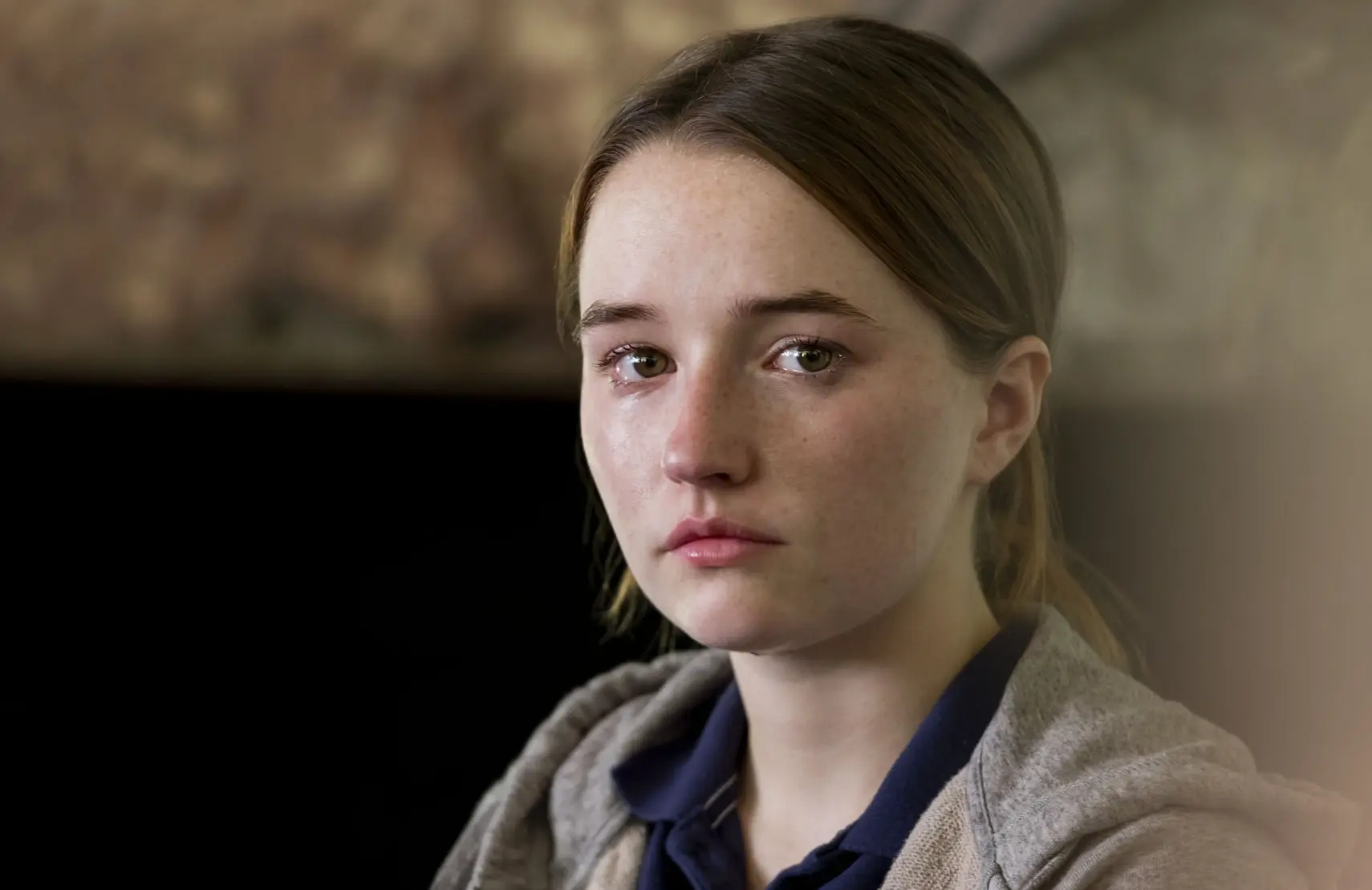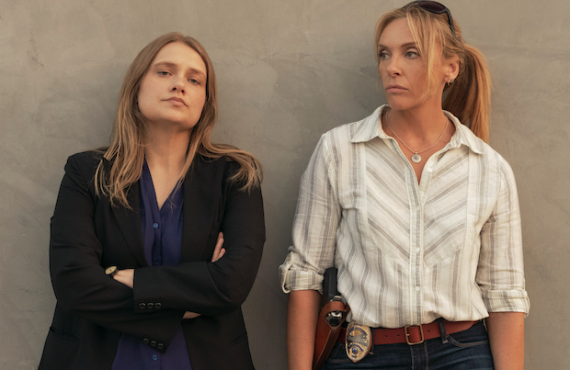Netflix’s Unbelievable Is the Kind of Show There Should Be More Of
-
 Kaitlyn Dever is Marie, a troubled teen who recants her rape testimony in Unbelievable. (Netflix)
Kaitlyn Dever is Marie, a troubled teen who recants her rape testimony in Unbelievable. (Netflix)How do we love thee, Unbelievable? Let us count the ways.
The eight-episode limited series that half my Twitter feed was binging this weekend has been earning accolades for, among other things, its realistic portrayal of lady detectives, its “insurgent twist on crime-drama,” its refusal to play the crime-show game of showing women being assaulted (aka “rape porn”), and for teaching us more about rape victims in just eight episodes than we’ve learned in 20 seasons of SVU.
And while it’s only been out four days, Unbelievable is already getting credit for “starting important discussions about sexual assault” that won’t be tinged by journalistic malfeasance. That’s because Unbelievable is based on investigative reporting that won the Pulitzer Prize and led to conversations about how male-dominated law enforcement agencies handle a crime that’s almost always against women.
I’ll second all that, and add my laurels to those being tossed at Susannah Grant, Michael Chabon, and Ayelet Waldman, who turned a true-life crime story into a page-turning teleplay, gloriously free of the cheesy dialogue and fierce speechifying that make most crime shows, well, unbelievable (not to mention unwatchable).
Last but certainly not least, the mostly-female ensemble of Unbelievable make such a terrific troupe, I was sorry they wouldn’t be coming back for season two.
All of these are excellent reasons to recommend Unbelievable to your friends. But none really quite get at why I would highly recommend it.
First, though, here at a minimum is what you need to know going in: The first two episodes are the toughest. Unbelievable opens in 2008, as police descend on the apartment of Marie, a teenager who’s called police to say she was raped. Under questioning from two male detectives, her story falls apart and she recants.
Marie, who is played with just the right balance of fragility and pluck by Kaitlyn Dever, has not had an easy life, and recanting is about to make it worse, as so-called friends and guardians rain even more shame and misery on her head. No wonder she spends most of the first episode staring at the ground.

Cut to three years later, when another young woman named Amber reports a rape. The detective who takes the case is Karen Duvall (Merritt Wever). Though no connection is made between the two assaults, and the jurisdictions are hundreds of miles apart, the viewer is invited to compare Duvall’s style with the guys who handled Marie’s case. They haul Marie into their office for interrogations; she tenderly interviews Amber at the scene in her SUV. They talk to Marie like assistant principals; Duvall makes small talk about college and moving to Colorado from Chicago. A bewildered Marie is hustled through the rape kit collection; Duvall takes Amber to the hospital herself, explaining everything that’s about to happen to her.
Over the final seven episodes, Marie’s and Amber’s investigations will merge, and Duvall will find herself matched with Grace Rasmussen (Toni Collette), who’s discovered a number of open rape cases with disturbingly similar MOs that were all eventually allowed (by men!) to wither on the vine.
Rasmussen is Scully to Duvall’s Mulder — an aggressive foul-mouthed atheist dealing with a quieter, church-attending believer. But mutual respect and trust comes quickly, and they forge a deeper bond through conversations that are so thoughtful and absorbing, you sometimes forget you’re watching a crime show. One especially long and meditative dialogue on faith and other topics takes place during a stakeout. The scene advances nothing but our affection for these two detectives, who bring something to the job we rarely see on crime shows — their humanity.
About my only complaint with Unbelievable is the ending, when the script curiously departs from the real-life facts, mostly so that Marie can leave us with some powerful last words and give the audience that bittersweet ending that audiences demand these days from Hollywood.
The circumstances that made Unbelievable possible are unique: the Pulitzer-worthy story, the first-rate talent attached, the high-powered producing partners (Katie Couric being the shiniest). But when critics treat these eight episodes as a singular event, a one-off the likes of which we’ll never see again, I take issue.
There’s no doubt Unbelievable has some special factors going for it — but its secret sauce is our country’s broken criminal justice system. Yes, there are men working rape cases who shouldn’t be, but the larger issue is a system that, as we see here, a clever serial rapist can exploit. That same system has put an estimated 100,000 men and women behind bars for crimes they did not commit. And has many more in prison for drug-related crimes that are no longer on the books.
In an era of dramatically lower crime rates and record incarceration, there should be fewer Law & Order franchises on the air and more franchises built on Unbelievable. Docuseries like The Confession Tapes and Free Meek have powerfully explored deep flaws in our criminal justice system. But we all love our dramas, and what Unbelievable shows is that you can make a scripted show about our broken criminal justice system that is as entertaining and human and likable and satisfying as any paint-by-numbers drama, if not more so.
That’s why I recommend Unbelievable — because if you and everyone else you know watches it, maybe Netflix will make more shows like it. Maybe people inside Disney and Apple and Warner will follow Netflix’s lead.
That’s not so hard to believe in, is it?
People are talking about Unbeliveable in our forums. Join the conversation.
Aaron Barnhart has written about television since 1994, including 15 years as TV critic for the Kansas City Star.
TOPICS: Unbelievable, Netflix, Ayelet Waldman, Kaitlyn Dever, Katie Couric, Merritt Wever, Michael Chabon, Susannah Grant, Toni Collette